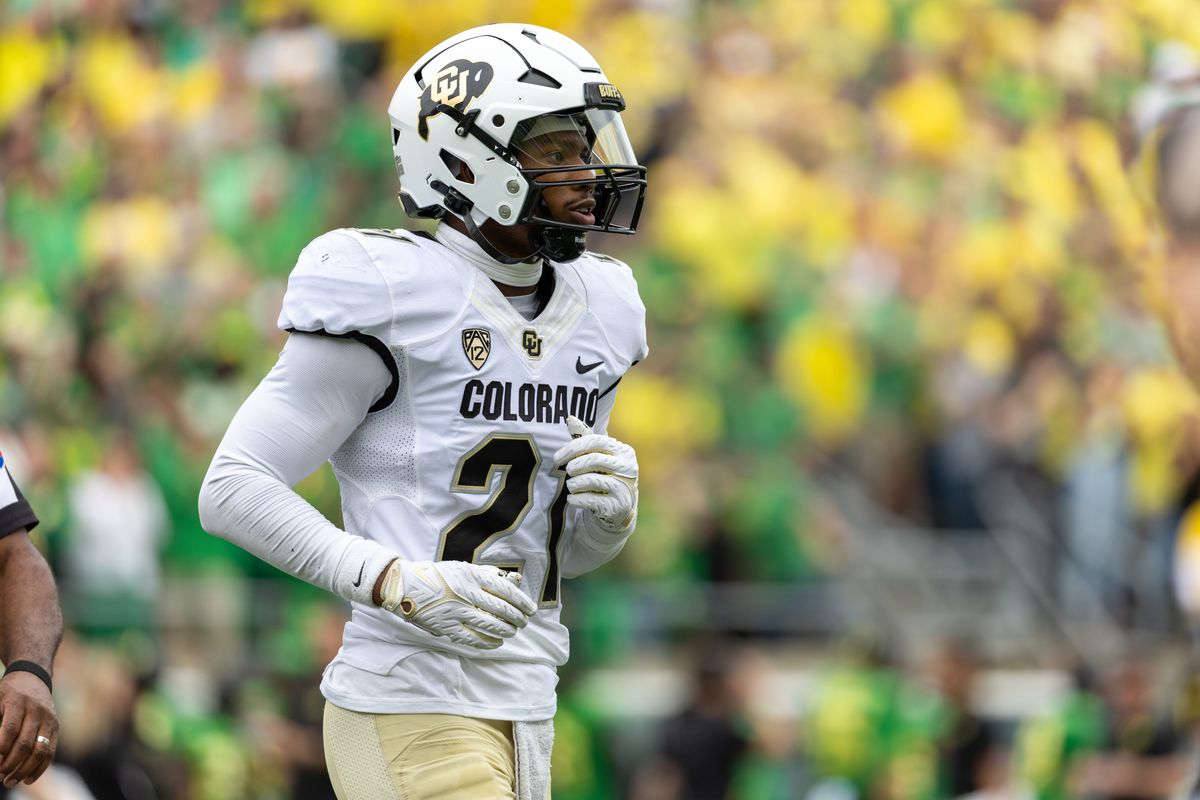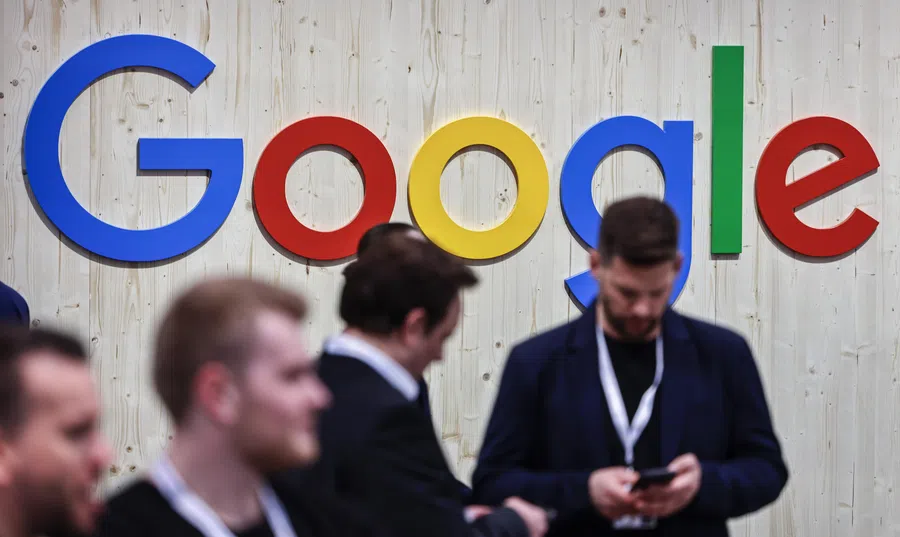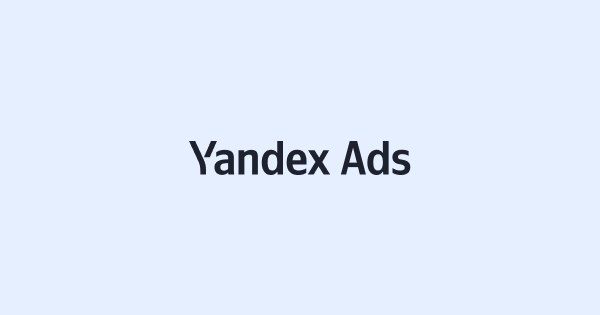Shilo Sanders disqualified for targeting 2023.

After a dubious targeting call in the first half of Colorado’s game against UCLA on Saturday, safety Shilo Sanders was declared ineligible. Carsen Ryan, a tight end for UCLA, was slightly rattled up by a huge hit from Sanders in the second quarter. Replays, however, seemed to demonstrate that Sanders made clean contact with Ryan’s chest after leading with his shoulder. Shilo Sanders disqualified for targeting.
A lot of fans and commentators disagreed with the targeting judgment, making it contentious. Given the current focus college football has placed on player safety, some contended that the hit was clean and Sanders should not have been disqualified, while others thought the ruling was correct. Shilo Sanders disqualified for targeting.
For more visit my site staticnewspaper.com.
The Colorado defense suffered a severe hit after Sanders was ejected. Among the team’s best playmakers and tacklers, he was clearly absent in the second half as UCLA prevailed 31-14.
Shilo’s father, Colorado head coach Deion Sanders, stood up for his son after the game, saying he thought the targeting call was unfair. Shilo Sanders disqualified for targeting.
“I considered it a decisive victory,” Deion Sanders remarked. “I believed that he led by using his shoulder. I believed that he touched my chest. Simply put, I missed the targeting.”
“My understandings are with my teammates,” Shilo Sanders remarked. “I know I could have helped them win this game.” Shilo Sanders disqualified for targeting.
The most recent instance of the difficulties college football coaches encounter in striking a balance between player safety and competitive fire is Sanders’ dismissal. Although the targeting rule is intended to shield athletes from severe head injuries, it can also be challenging to apply consistently and understand.
Dubious College Football Targeting Calls
There have been other instances of doubtful targeting calls in college football prior to Sanders’ dismissal. A number of high-profile incidents with players being sent off for targeted hits that seemed clean have occurred in recent years.
The most prominent instance happened during the 2019 national championship game when Dylan Moses, an Alabama linebacker, was dismissed for pursuing Trevor Lawrence, the quarterback for Clemson. Many people believed that the contentious call had a big influence on the game’s outcome. Shilo Sanders disqualified for targeting.
Another instance was after Ohio State linebacker Dallas Gant’s ejection from the Rose Bowl game in 2022 because he was pursuing Utah quarterback Cam Rising. Once more, the call was divisive and viewed as unfair by many.
These are only a handful of the several doubtful targeting calls that have occurred in college football in the last few years. Although the rule has good intentions, it might be challenging to interpret and apply consistently.
The Impact of Targeting Calls on College Football
College football games can be significantly impacted by targeting calls. A player’s team must play with one less player for the remainder of the match after they are sent off for targeting. This may be a serious setback, particularly if the dismissed player is a vital starter.
Also, targeting calls may also be detrimental to a game’s momentum. A player’s ejection can undermine his or her squad and give the opposing team a boost.
Conclusion
The most recent illustration of the difficulties college football coaches encounter in striking a balance between player safety and competitive fire comes from Shilo Sanders’ dismissal for targeting during Colorado’s game versus UCLA in the first half. Although the targeting rule has good intentions, it can be challenging to interpret and apply consistently.
It’s crucial to remember that opinions on whether Sanders should have been ejected differ. While some supporters and commentators thought the call was fair, others thought it was unjust. The officials will ultimately determine whether or not a player has engaged in targeting.
On the other hand, it is evident that targeting calls can significantly affect college football games. A player’s team must play with one less player for the remainder of the match after they are sent off for targeting. This may be a serious setback, particularly if the dismissed player is a vital starter.
Furthermore, targeting calls may also be detrimental to a game’s momentum. A player’s ejection can undermine his or her squad and give the opposing team a boost.
Striking a balance between competitive fire and player safety is crucial. Although the targeted regulation represents a positive move, more needs to be done.


